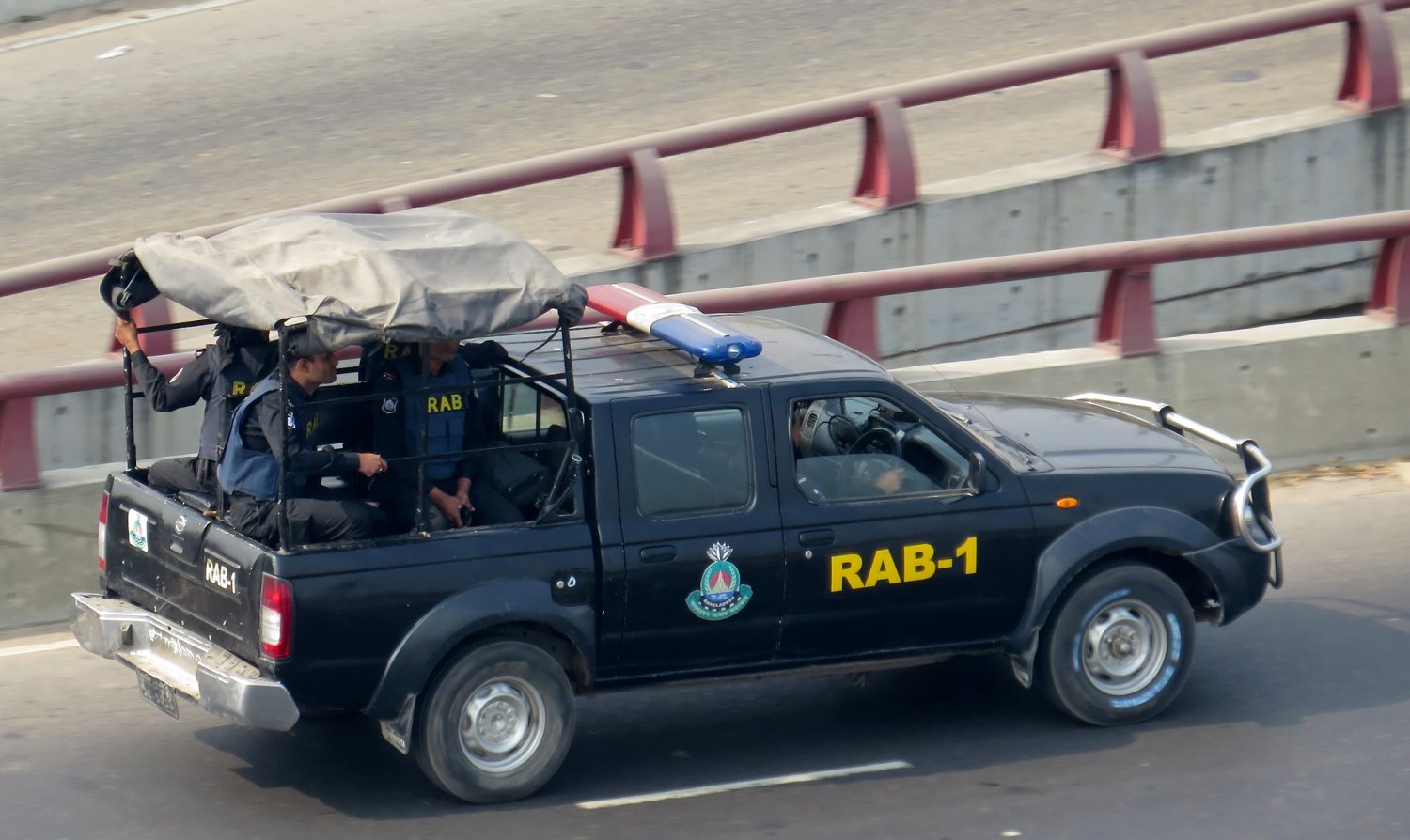
Bangladesh: Government Must End Torture Ahead of Elections
In the run-up to next January’s general elections, human rights violations are increasing in Bangladesh. Allegations of torture and ill-treatment by the security forces are multiplying, so are cases of judicial harassment of political opponents and human rights defenders, as well as attacks on minority groups. Amid this worrying context, signatories of the global consortium United Against Torture call on the government to end State violence and respect its human rights obligations.
Lisa Henry, Secretary General of the International Rehabilitation Council for Torture Victims (IRCT), one of six international anti-torture organisations forming the EU-funded UAT consortium, said:
“Our members in Bangladesh tell us torture is on the rise as democracy and the rule of law are being undermined on a daily basis. Survivors have a right to justice and healing which is why we will work together to support our members and partners in Bangladesh to document cases of torture to ensure accountability and to provide rehabilitation to survivors.”
Bangladesh has failed to turn its constitutional commitment to prohibit torture into reality for the Bangladeshi people. Dhaka acceded to the UN Convention Against Torture in 1998 and in 2013 passed the Torture and Custodial Death (Prevention) Act which criminalises torture. Nonetheless, Bangladesh refused to report to the Committee Against Torture (CAT) until 2019. In the same year Prime Minister Sheikh Hasina, who has been in power since 2009, pledged only that “no innocent person should fall victim to torture and harassment”.
The 2019 CAT review urged Bangladesh to make a public commitment to tackle “the routine commission of torture and ill-treatment by law enforcement officers” and to “state unambiguously that torture and ill-treatment will not be tolerated under any circumstances or against any person.” In recent years, however, Human Rights Watch has reported an increase in torture and other grave human rights violations, with the notoriously abusive paramilitary Rapid Action Battalion (RAB) having been sanctioned by the United States in 2021 for extrajudicial killings and enforced disappearances.
As Bangladesh moves closer to general elections in January 2024, its security forces are pursuing a policy of unlawful, disproportionate and excessive force against demonstrators from the main opposition parties, Bangladesh Nationalist Party (BNP) and Bangladesh Jamaat-e-Islami. Over the past year, opposition demonstrations have been repeatedly broken up by police firing shotgun pellets, teargas, rubber bullets, and beating with batons, leaving hundreds of protesters seriously injured. These types of weapons should not be used against unarmed, peaceful protesters.
The police often accuse the protesters of attacking them first as they seek to disperse what the government and the courts consider to be acts of subversion. However, analysis by Amnesty International’s digital verification lab concluded that the videos they have access to show protestors beaten by the police whilst lying on the floor or unarmed and running away. As the UN Guidance on Less Lethal Weapons states, batons should “not be used against a person who is neither engaged in nor threatening violent behaviour”.
The Bangladeshi police and armed forces, as well as supporters of the ruling Awami League, have also reportedly attacked human rights defenders, torture survivors, and their families, and members of minority groups, including LGBTI+ people and Rohingya refugees, in what local human rights organisations describe as a climate of intimidation against perceived dissent.
A recent report in the New York Times detailed how Bangladesh’s multi-party democracy “is being methodically strangled” as tens of thousands of members of the BNP are prosecuted in the absence of evidence. Nobel Prize-laureate professor Muhammad Yunus, known as the “banker to the poor”, is facing jail after being the target of numerous lawsuits. UN High Commissioner for Human Rights Volker Türk has called on the Bangladeshi authorities to put an end to legal harassment of civil society and ensure rights to due process.
Earlier this month, Adilur Rahman Khan and ASM Nasiruddin Elan, two leaders of Odhikar, one of Bangladesh’s oldest human rights groups, were sentenced to two years in prison after exposing extra-judicial killings of protesters by security forces. Odhikar is part of the SOS-Torture network of the World Organisation Against Torture (OMCT), part of the UAT consortium, and Khan sits on the OMCT’s General Assembly. Although the two leaders have since been granted interim bail, the objective remains their unconditional release.
Gerald Staberock, OMCT Secretary General, said:
“It is not those who denounce murders who should be punished, but those who commit them. Adil and Elan – two of the most remarkable people I have ever met, were unjustly sentenced for exposing killings. The culprits are still free.”
Along with IRCT and the OMCT, the United Against Torture consortium pools the strengths and expertise of the International Federation of Action by Christians for the Abolition of Torture (FIACAT) with the Association for the Prevention of Torture (APT), Omega Research Foundation and REDRESS. Though not a signatory to this statement due to a geographical focus on torture outside Asia, FIACAT remains in solidarity with the consortium in its response to torture in Bangladesh.
As global leaders in torture prevention, rehabilitation, evidence gathering, and strategic litigation, we will support our members and other human rights organisations in Bangladesh with capacity building to address the current crisis while advocating with national authorities to end torture and ill-treatment, end judicial harassment, and provide reparation to victims.
For more information please contact: IRCT: Hugh Macleod at [email protected] or OMCT: Claire-Marie Germain at [email protected].

Photo credit: Shadman Samee (CC BY-SA 2.0). Bangladesh’s elite security force, the Rapid Action Battalion, has been accused of committing extrajudicial killings and other human rights violations in Bangladesh.
